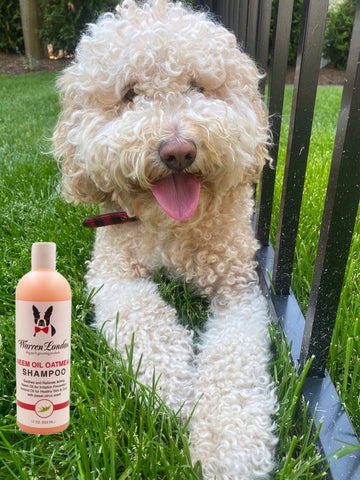Every dog owner wants to take awesome care of their fur baby. Learning more about what your dog needs to stay healthy and happy will enable you to provide outstanding care. Here are a few facts about your dog’s health that you should know to safeguard your dog’s wellbeing.
Fresh Cold Water Is a Must
Some dog owners think that if their dog has water in his or her bowl, there isn’t any reason to change it. However, changing your dog’s water once a day or so may deprive your dog of essential hydration that he or she needs to stay healthy.
Dogs need to drink a lot of water every day. It’s a fundamental building block for how all cellular activity in their bodies functions. Just like people, dogs really only want to drink fresh water. They won’t be happy with stagnant water that has been sitting out all day, and they may only show an interest in it if they are severely dehydrated. You should make it a point to change your dog’s water frequently to encourage optimal hydration.
You Should Watch Your Dog Pee
It may surprise some dog owners to learn that there’s a reason to watch your dog answer the call of nature. When you see your dog assume the squatting position or lift a leg, it’s your cue to affirm that your dog’s urination is healthy.
Some things you should watch out for are expressions of discomfort or blood in the urine. These could be indicative of a urinary tract infection. Also, make note of whether urine is unusually dark. It may mean that your dog isn’t staying well-hydrated or his or her kidney function is problematic.
Your Dog Needs A Healthy Balance of Intestinal Bacteria
Your dog’s gut health is going to have a big impact on his or her overall health. If dogs have poor digestion, they may not be getting the nutritional benefit of the foods that they eat. Unhealthy bacteria that accumulates in your dog’s stomach may come to significantly outnumber the good bacteria that occupies the digestive tract.
To keep your dog’s digestion regular and optimize his or her nutritional intake, consider including probiotics and a green superfood rich in vitamins. Keeping bacterial populations balanced while stimulating enzyme production can assure that your dog gets all of the key benefits of a healthy diet.
Be Responsive to Food Allergies
Dogs can have intolerances to foods just as people do. Watch for signs of intolerance such as stomach upset, itching, or flaky skin.
Some dogs are extremely intolerant to gluten. This type of intolerance may manifest as inflammation or irritation of the skin. Be watchful about whether something you’re giving your dog to snack on contains gluten or whether it’s an ingredient in his or her dry food.
Are oats gluten free ingredients? For the most part, oats are not glutenous. The same is true of corn, but dogs usually cannot digest corn well. Foods that have corn as one of the first ingredients may cause digestive issues.

Know What Foods Your Dogs Can’t Have
You may have heard that dogs can’t have chocolate and it may have a poisonous effect. However, surprisingly few dog owners are familiar with other foods that could be very harmful to their dogs. For example, grapes are toxic to dogs and may even cause acute renal failure. Just a few grapes could result in a serious medical emergency, permanent kidney damage, and even death. Remember that raisins have the effect of grapes. Also, be conscientious about foods containing grape juice or concentrate such as popsicles.
A few other foods to keep away from your dog include onions, unripened tomatoes, and garlic. Small quantities of garlic as a seasoning that makes up less than a percent of foods’ ingredients may be okay.
Being attentive to your dog’s health is an important responsibility. Your dog’s well being depends entirely on your efforts.
